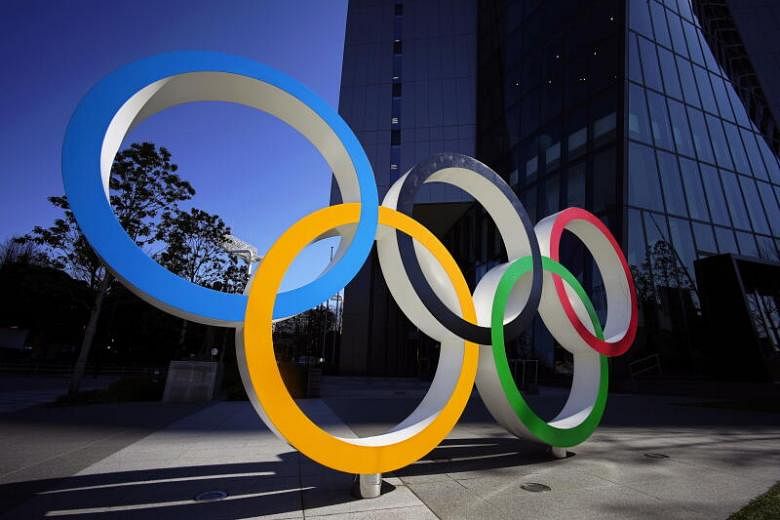TOKYO (THE YOMIURI SHIMBUN/ASIA NEWS NETWORK) - To achieve the smooth implementation of the peace festivals, various measures must be taken with the cooperation of the public and private sectors to protect against cyber attacks.
Russia's GRU military intelligence agency has been suspected of carrying out cyber attacks targeting the Tokyo Olympics and Paralympics.
According to the British government, the attacks were carried out against officials of the Games, sponsor companies and systems for logistics services prior to March this year when the postponement of the Games was decided. The GRU is believed to have conducted the reconnaissance ahead of the Olympics initially scheduled for this summer.
Russia was not allowed to participate in the Olympics as a country due to its systematic doping problems. Some view the cyber attacks as retaliation for exclusion from the international events. It is said that there was no actual damage on the Japanese side.
Russia has denied the allegation, but if it is true, it cannot be tolerated.
The Japanese government has declined to say whether there have been attacks from Russia. The Japanese side apparently does not want peace treaty negotiations with Russia to be negatively impacted, but the facts should be clarified.
During the 2016 US presidential election, the GRU allegedly used cyber attacks to obtain and release documents about candidates in order to manipulate public opinion. Britain has determined that the GRU was involved in the attempted poisoning of a former spy.
The administration led by Russian President Vladimir Putin must take seriously the fact that such actions by opaque organisations, which have their roots in the former Soviet Union, have damaged Russia's credibility.
Sports and other events that attract international attention tend to be targets of cyber attacks.
At the 2012 London Olympics, a huge volume of suspicious data was sent to the stadium's power system.
At the 2018 Pyeongchang Winter Olympics, official websites and communications services temporarily went down due to a virus.
Not only Russia but also China and North Korea are improving their cyber-attack capabilities. If major infrastructure is attacked, power outages and traffic congestion could occur, leading to possible large-scale accidents.
It is essential for the Japanese government to cooperate with the United States and European countries, which have advanced measures against cyber attacks, and share knowledge on examples of cyber attacks that exploit digital space, and the countermeasures.
Last year, the National Centre of Incident Readiness and Strategy for Cybersecurity, which is the Cabinet's control tower for dealing with cyber attacks, set up a council to share information with local governments and major infrastructure operators.
With the Olympics scheduled for next summer in mind, it is necessary for the public and private sectors to study various modus operandi and make efforts to strengthen different kinds of systems.
It is also important for the government, the organising committees for the Olympics and Paralympics and business operators to conduct drills in preparation for an attack after the Olympics starts.
It is hoped that such efforts will be repeated to prevent the damage from spreading.
The Yomiuri Shimbun is a member of The Straits Times media partner Asia News Network, an alliance of 24 news media organisations.

